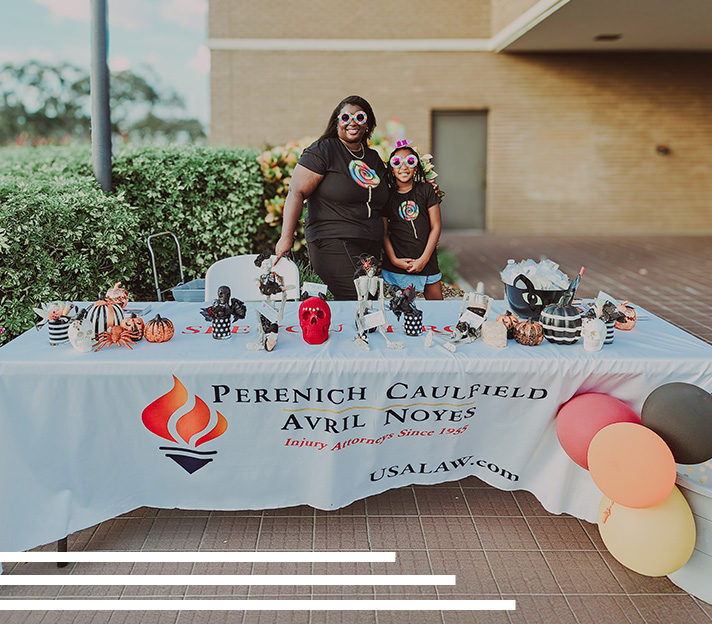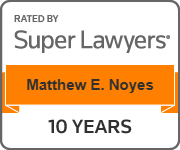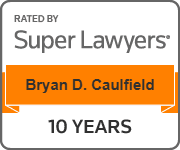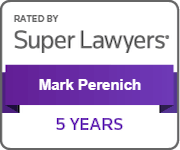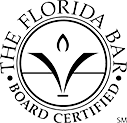How to Prepare to Meet Your Workers’ Compensation Attorney
The workers’ compensation system compensates employees for workplace injuries that arise from events such as slip and fall accidents. The Florida Division of Workers’ Compensation handles workers’ compensation claims, and you will have a hard time dealing with them on your own.
You almost certainly need a lawyer to help you. The purposes of an initial consultation between you and a lawyer are for each party to decide whether working with the other party makes sense. The better you prepare for the meeting, the better your outcome is likely to be.
Gather Helpful Documents to Bring With You
Gather as many of the following documents as you can and bring them with you to your consultation:
- A copy of any accident report you filed
- Any documentation and correspondence you have received from the Florida Division of Workers’ Compensation
- Bills for any expenses that you incurred because of your accident, even if they are not medical bills
- All of your medical records concerning your condition; include information about any previous medical condition that is similar to the injury you are complaining about (an old back injury, for example, if you hurt your back again)
- Any documents you have received from your employer; include not only documents regarding your accident and medical condition but also documents about your employment status and any missed work days. If you were fired and received a separation notice, this is relevant too.
- Any paystubs or equivalent documentation, both after and immediately before your claim arose
- Any work status reports that your authorized treating physician prepared for you
- Any check stubs from the workers’ compensation insurance company
- Keep a daily journal where you detail your physical and psychological symptoms and describe how your injuries affect your work and daily life
- Bring any forms that anyone has asked you to sign. Don’t sign them until you hire a lawyer and your lawyer advises you to sign them.
Prepare any other documentation that you think you might need, and obtain any other documentation that the lawyer requests.
Prepare the Following Information for Your Initial Consultation
The lawyer may or may not pepper you with questions. In any case, the more you know about your own case, the more productive your consultation is likely to be.
Try to understand the following matters prior to your consultation:
- The details of how your accident happened; you should also know the date, time, and location of the accident
- Contact information for your employer, your supervisors, and the workers’ compensation insurance company
- The names and contact details of any witnesses to the accident
- A list of your healthcare providers and their contact details
- Whether your employer is a subcontractor for another business, such as a general contractor, which could affect liability
- Your workers’ compensation claim number, if you have one
- Whether and when you can return to work, according to your healthcare provider
- A description of how you are feeling now, including your physical and mental limitations
Prepare any other information that the attorney asks you to bring.
Prepare Questions for the Meeting With the Workers’ Compensation Lawyer
Before you reveal any information to the attorney, you should confirm that the details of your meeting will remain confidential. If you hire the lawyer, confidentiality protection will be automatic. While you are still only a prospective client, however, it is best to confirm confidentiality in advance.
Meanwhile, prepare to ask the attorney the following questions. Use notes if you need them to ensure you don’t forget to ask any questions.
- How long have you been handling workers’ compensation cases? How many cases have you handled? The lawyer doesn’t need to specialize exclusively in workers’ compensation cases, but they do need plenty of experience representing workers in workers’ compensation matters.
- Have you ever handled a work-related personal injury claim? Sometimes you can find a third party other than your employer who is responsible for your work-related injury. If this happens, you might be able to win an ordinary personal injury claim against that party (instead of a workers’ compensation claim). You can greatly add to the amount of compensation you demand that way, but you will have to prove fault.
- What is your fee structure? Under the Florida Workers’ Compensation Act, a lawyer’s maximum contingency fee is 20% of your first $5,000 in compensation; 15% of the next $5,000; and 10% of anything over $10,000. If the lawyer quotes you anything over that amount, don’t trust them.
- Will you handle my case personally, or will you hand it off to an inexperienced lawyer or a paralegal? Large firms tend to delegate more than small firms, if for no other reason than the fact that small firms often have only a few staff members to delegate work to.
- How will you communicate with me about my case? How often will you give me updates?
- What are the strengths and weaknesses of my case? Don’t ask this question, of course, until you have provided the lawyer with sufficient information about your case to allow them to give you an intelligent answer.
- How will you handle case expenses? Case expenses are out-of-pocket expenses, including fees for medical records, court filing fees, expert consultation or witness fees, etc. Typically, the lawyer will pay these fees upfront and then deduct them from any compensation before it reaches the client.
Take notes on the attorney’s answers, at least if they surprise you in any way. Be skeptical if certain red flags come up–such as if the lawyer offers you guaranteed results or tries to charge you an hourly fee.
Pay attention to how articulate the lawyer is, how clearly they phrase their answers, and how well you understand the answers after you hear them. All of these factors speak to the lawyer’s communication abilities.
Your Choice of Attorney Could Be the Most Important Decision You Make in Your Clearwater Workers’ Compensation Case
Almost any Clearwater workers’ compensation attorney will be happy to schedule a free initial consultation with you, either over the phone or at their office. If your injuries are serious enough, they might even agree to meet you at your home or in the hospital. Don’t roll the dice when it comes to selecting your attorney.

We treat you like family.
If you can’t come to us, we’ll come to you.
Representing Accident Victims in Tampa Bay since 1955
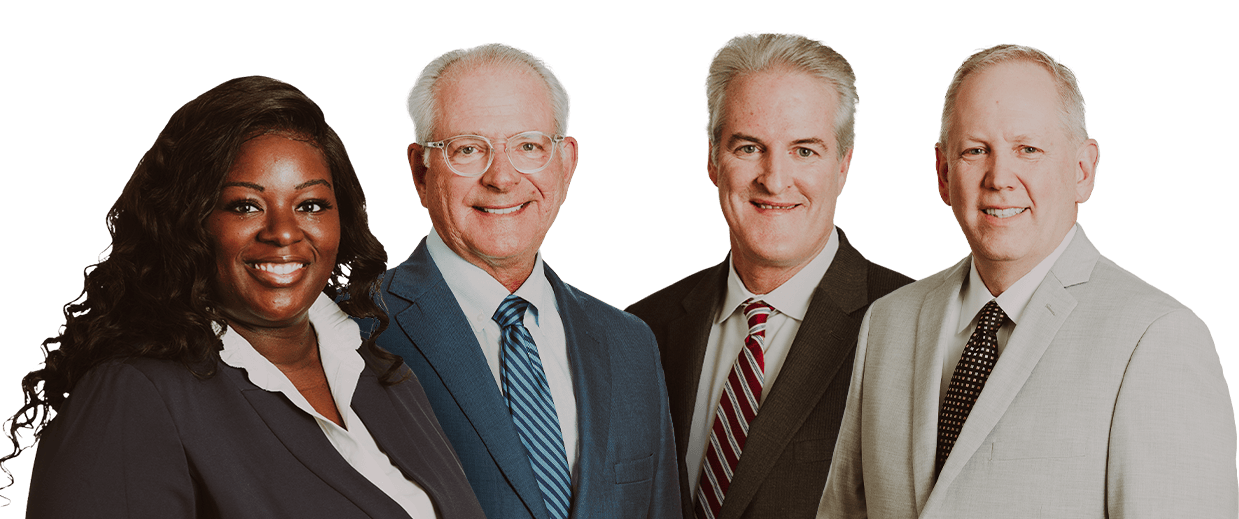


-
“Friendly knowledgeable and kept me informed about my case. Any offer, bill or question was readily answered. Would definitely recommend and refer people to Bryan Caulfield and his team!!”- Betty B.
-
“Mrs Bryant works her butt off to make sure you get what is do to you in medical and beyond! They won’t take your case if they don’t feel you haven’t been wronged.”- Christine R.
-
“Working with Mark Perenich on my auto injury case was an absolute game-changer. From the very beginning, he brought a level of professionalism, expertise, and care that immediately put us at ease.”- Kerry B.
-
“Lorrie and Allyson are phenomenal. I highly recommend them to anyone. It seemed like a never ending journey but I can’t thank them enough for diligently fighting my case with the greatest integrity, support and prayers.”- Former Client
-
“Allyson has been so helpful with navigating the disability process for my husband!”- Kaitlyn S.
-
“It honestly couldn’t have gone better. Pretty much perfect.”- Andreas B.
-
“From the first day we met this law group I felt very comfortable and knew we would be well taken care of. This was our first experience filing for SSD, and was not disappointed. The lawyers are awesome and very professional.”- Shari J.
-
“Very nice they worked with you. Never ignored me with my case. Always on top to work with you. Thank you so much for all that you have done to help me! Very highly recommend.”- Margarita O.
-
“My appointed attorney was Jacqueline, Bryant. She is very compassionate about her client and work. When it comes to negotiation, she's a Beast and she gets the job done.”- Alaina J.
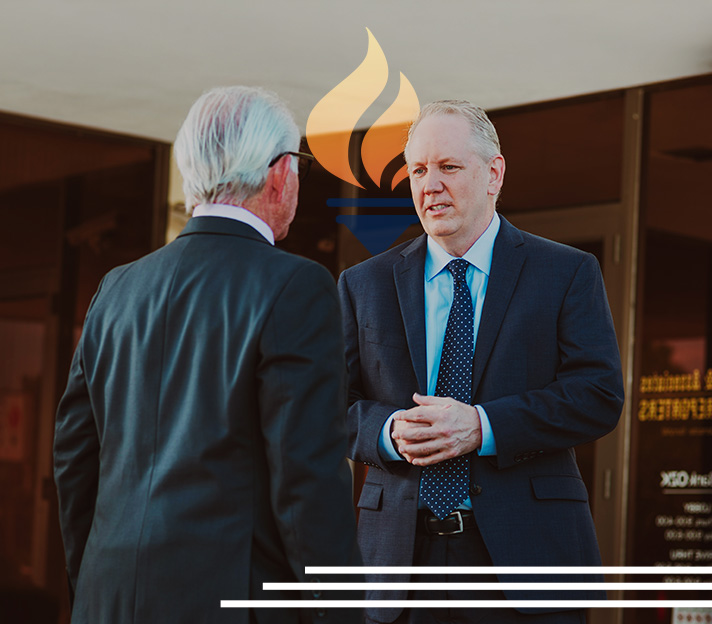

We’ve been proudly serving Clearwater, St. Petersburg, and the Tampa Bay area for generations. As the first personal injury law firm in Clearwater, our dedicated legal team brings over 300 years of combined experience to each and every case. If you’ve been injured and need support, please reach outtoday for a free consultation, we are here to help you.
